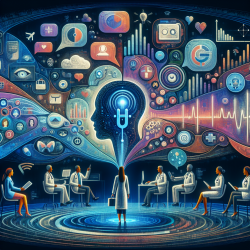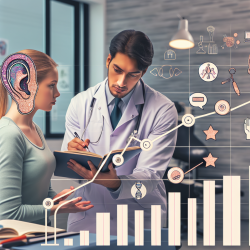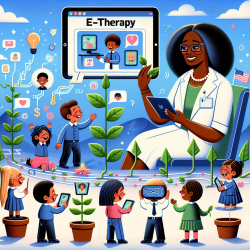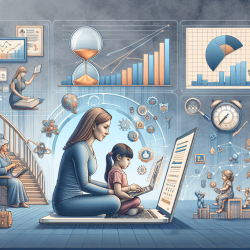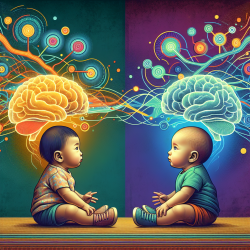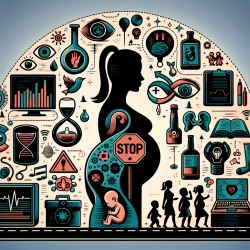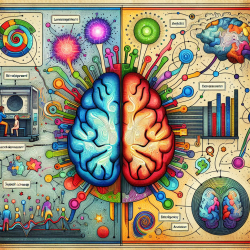Introduction
The emergence of large language models (LLMs) like ChatGPT has sparked significant interest in various fields, including healthcare. A recent systematic review titled A Systematic Review of ChatGPT and Other Conversational Large Language Models in Healthcare delves into the applications and concerns of these models in healthcare settings. This blog aims to explore how practitioners, particularly those involved in online therapy services for schools, can leverage these findings to enhance their practice and outcomes for children.
Applications of LLMs in Healthcare
The review categorizes the applications of conversational LLMs into four main areas:
- Summarization: LLMs are adept at condensing complex medical information, which can aid in creating concise reports and guidelines.
- Medical Knowledge Inquiry: These models can provide accurate answers to a wide range of medical questions, enhancing access to medical knowledge.
- Prediction: LLMs show promise in diagnostic accuracy and treatment recommendations, although they require further validation.
- Administration: Streamlining administrative tasks such as documentation and information collection is another area where LLMs can be beneficial.
Concerns and Challenges
Despite their potential, the application of LLMs in healthcare is not without challenges. The review highlights four primary concerns:
- Reliability: While LLMs perform well in summarization and knowledge inquiry, their reliability in complex health-related tasks remains questionable.
- Bias: There is a risk of biased responses, which could exacerbate disparities in healthcare.
- Privacy: The use of LLMs raises significant privacy concerns, particularly regarding the handling of sensitive health data.
- Public Acceptance: Building trust in LLMs is crucial for their widespread adoption in healthcare.
Opportunities for Practitioners
For practitioners in the field of online therapy, particularly those working with children, the findings from this review present several opportunities:
- Utilize LLMs for creating personalized therapy plans by summarizing complex clinical guidelines and adapting them for individual needs.
- Enhance access to medical knowledge by using LLMs to answer common health-related queries from parents and educators.
- Streamline administrative tasks, allowing more time to focus on direct therapy interventions.
However, practitioners should remain vigilant about the limitations and ethical considerations associated with these technologies. Ongoing research and collaboration with AI experts can help mitigate risks and improve the reliability and fairness of LLM applications.
Conclusion
The systematic review underscores the potential of conversational LLMs like ChatGPT in transforming healthcare delivery. By addressing concerns related to reliability, bias, and privacy, and by fostering public trust, these technologies can significantly enhance outcomes in online therapy services for children. Practitioners are encouraged to engage with ongoing research and contribute to the development of ethical and effective AI applications in healthcare.
To read the original research paper, please follow this link: A Systematic Review of ChatGPT and Other Conversational Large Language Models in Healthcare.
